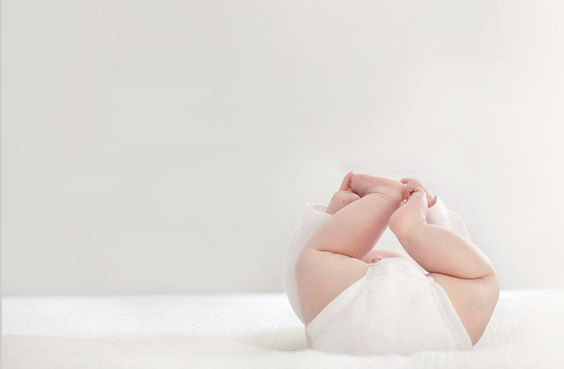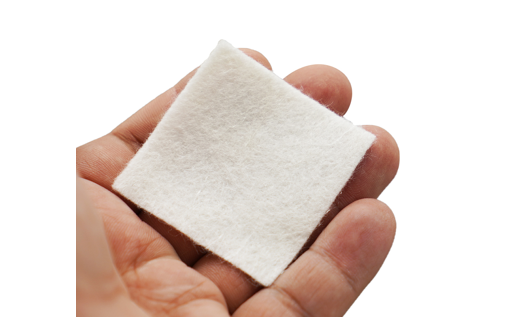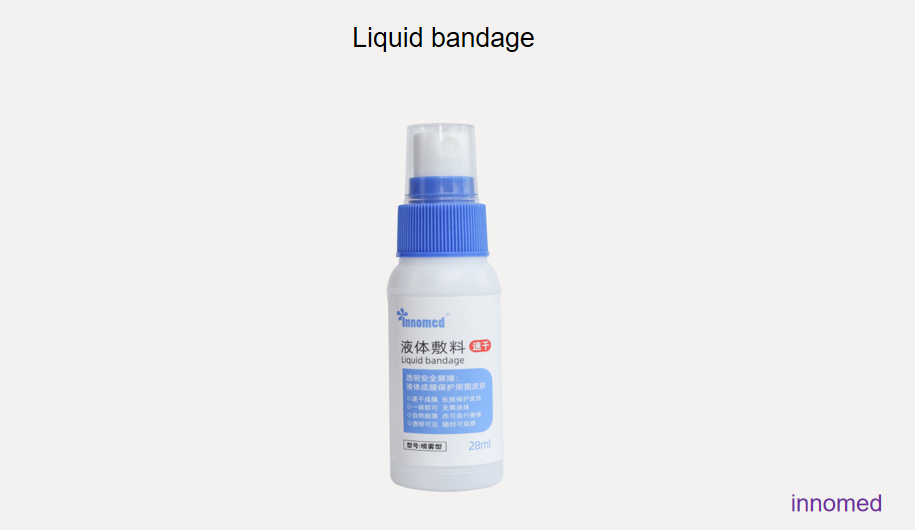For new mothers, the most difficult skin problem encountered in the process of caring for a baby is probably diaper rash and red buttocks. So, what should you do with your baby in this situation? First of all, mothers, don't worry, I believe that scientific treatment will soon be improved. This article will introduce how we should deal with diaper rash. Please come and see it with me.
How does baby diaper rash develop?
Because newborn skin is extremely sensitive to irritants in the environment. And the baby's butt is wrapped in diapers, forming a high-temperature and high-humidity environment, which is easy for bacteria to multiply, coupled with irritating urine and feces, and constantly rubbing on the skin when changing diapers and wiping off the dirt, so that The baby's already fragile skin barrier is damaged, and erythema and small papules will appear. If the baby is allergic to the material of the diaper, it can also cause diaper rash. And it's not uncommon for babies to have intermittent diaper rash, which is redness and rashes on a baby's bottom or genital area. This is a very common rash. Most babies get it from time to time. Usually, diaper rash can be easily treated at home.
How to treat diaper rash?
Due to the poor protective function of neonatal epidermis and skin absorption capacity, we can try the following solutions to eliminate red buttock lesions as soon as possible and improve the skin condition of neonates.
In order to relieve the damaged skin of the butt, it is recommended that you use Longterm Medical liquid bandage. It is a liquid film-forming protective spray, which can quickly dry and form a film, transparent and visible, and the ingredients contained in it are safe and not absorbed by the human body. A protective film is formed on the baby's butt to prevent the baby's butt from being irritated by urine and feces. Then, Longterm Medical Alginate dressing can be used, which is very soft and can relieve the pain of the baby's skin. Longterm Medical Alginate dressing belongs to natural seaweed extract The prepared fibrous material is safe and convenient, and when it is covered on the skin, it can absorb a small amount of urine and feces, so as to provide good protection for the baby's skin.
Instructions:
Clean the baby's skin first, then use a normal saline cotton ball to clean the skin. After drying, use Longterm Medical liquid bandage to spray on the baby's skin to be protected. The spray nozzle is 5-10cm away from the skin. It can be used continuously or directly after the film is formed. Tear it off, then measure the width and length of the skin in the red buttocks area, and cut a suitable size of an alginate dressing to cover the red buttocks. Finally, ultra-thin hydrocolloids can be used to fix the dressing. Once it is found that it has been penetrated and loosened by urine or feces, please pay attention to change it in time.
How to prevent diaper rash in newborns?
①Choose the appropriate baby diapers to eliminate skin allergies caused by the use of diapers and reduce the irritation of the skin caused by the residue of chemical preparations.
② Timely replacement of diapers.
③ Every time you change diapers, you should clean your buttocks and dry them with a dry cotton cloth or paper towel to let your skin dry before wearing new diapers.
④For babies with dry skin, after each cleaning and drying, you can apply cold-pressed vegetable oils that moisturize the skin such as jojoba oil, vitamin E milk, camellia oil, etc. to protect the skin.
For more information on Innomed® dressings, refer to the previous articles. If you have customized needs, you are welcome to contact us; we will serve you wholeheartedly.
At Longterm Medical, we transform this data by innovating and developing products that make life easier for those who need loving care.
Editor: kiki Jia
Date: September 28, 2022

 English
English عربى
عربى Español
Español русский
русский 中文简体
中文简体








